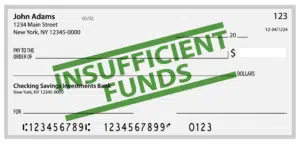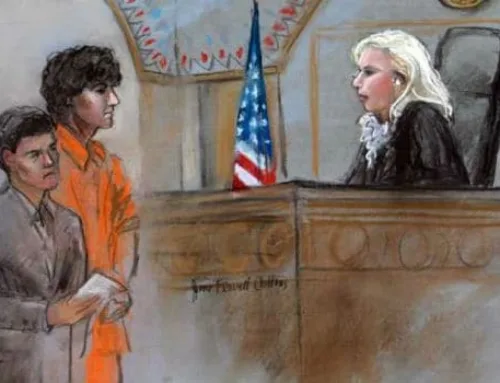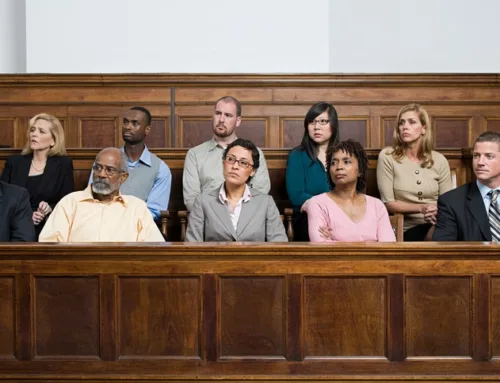The unlawful issuance of checks or drafts is a Washington crime involving the fraudulent writing of checks or bank drafts. Depending on the facts of the case, the offense can lead to felony charges punishable by up to five years in prison. If you or a loved one is facing charges of a crime involving fraud, it’s critical to contact a skilled criminal defense lawyer now for help.
What is the Crime of Unlawful Issuance of Checks or Drafts?
Per RCW 9A.56.060, you are guilty of unlawful issuance of checks or drafts if you either:
- With the intent to defraud, make, draw, utter, or deliver to another person any check or draft for the payment of money, knowing at the time that you have insufficient funds to pay the check or draft in full upon its presentation, or
- With the intent to defraud, make, draw, utter, or deliver to another person any check or draft for the payment of money and subsequently issues a stop-payment order directing the bank not to honor the check or draft.
As to the last scenario, you have 20 days after the issuance of the bad check or draft to arrange for another form of payment. If you fail to do so, you can be charged with the unlawful issuance of checks or drafts.
What are the Penalties?
A violation of RCW 9A.56.060 is charged as a gross misdemeanor if the check or draft involved in the case was in an amount of $750 or less. A gross misdemeanor is punishable by:
- Imprisonment for up to one year in jail, and/or,
- A fine of up to $5,000.
But note that a violation of the law is charged as a class C felony if the case involved an amount of money greater than $750. A class C felony is punishable by:
- Up to five years in state prison, and/or
- A maximum fine of $10,000
Can a Defendant Raise a Legal Defense?
Yes. You have the right to contest a bad check charge with a legal defense. A common defense is for you to show that you did not act with a fraudulent intent. Fraud involves some act where you try to deceive or trick a person to give up something of value. If you did not act with this aim, then you can try to prevent a prosecutor from proving your case beyond a reasonable doubt.
For example, consider the scenario where you write a check with the reasonable belief that you have enough money in the back for it to go through. If there is not, though, you should not be guilty of a crime. You simply made a mistake or accident and did not act with a fraudulent aim.
Contact Black & Askerov for Help
While a defendant can raise a legal defense to challenge a fraud charge, it will take a skilled criminal defense attorney to raise the best defense. The experienced fraud attorneys at Black & Askerov have over 30 years of combined experience defending clients on fraud related charges. Our Seattle criminal defense lawyers have the skill and commitment that makes all the difference in these cases. Our attorneys will fight tooth and nail for you at every step of your case. Contact us now to get the legal help you deserve!




